Librarians hold events in secret after bomb threats, doxxing in drag queen protests
Librarians are hiding events such as ‘drag queen’’ story time for children to avoid public protests that have included bomb threats and doxxing.
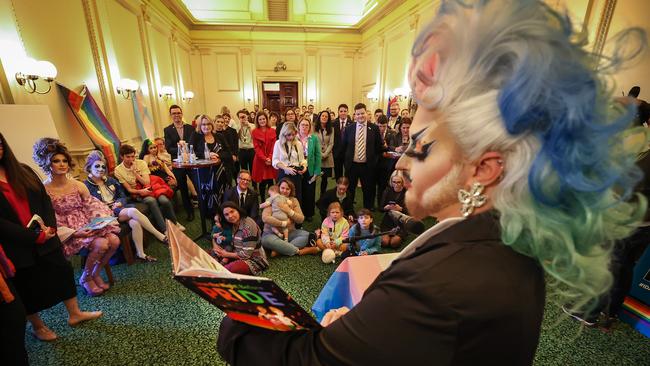
Librarians are hiding events such as “drag queen’’ story time for children to avoid public protests that have included bomb threats and doxxing.
The Australian Library and Information Association has told librarians to keep some controversial events “offline so people cannot find it there’’.
It warns that some protesters are tracking LGBTQIA+ themed events in libraries – which have included children’s story sessions read by drag queens.
The professional association advises librarians to disguise the controversial events under a different description, such as “Everybody’s Storytime”.
Media coverage of events might increase the likelihood of “protests and disruptive behaviour’’, it states.
“If you are planning an event, consider whether making the event visible online is necessary,’’ the ALIA states in a “freedom to read’’ document distributed to members. “You might consider alternative names that are clear to your community but less obvious to outside interests, like ‘Being Me’, ‘My Family’ or ‘Everybody’s Storytime’.”
The document cites a rising number of “book challenges’’, protests and disruptive behaviour targeting public library events. “Incidents include protests, threats – including threats of harm like bomb threats – social media campaigns and online doxxing of staff,’’ it states.
“Most incidents were reported in public libraries, with some reports from school libraries.’’
Doxxing is the malicious act of publicly revealing someone’s private or personally identifiable information online without their consent, such as home address, private email or phone number.
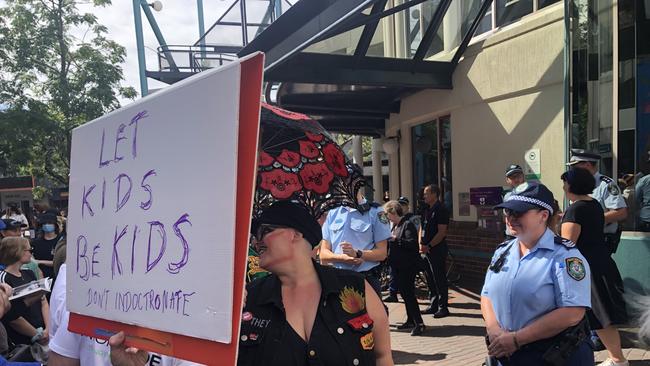
The ALIA document says handling complaints from the public “can have a highly negative impact on staff’’.
“Consider whether you can or should temporarily filter or block incoming emails, social media posts or phone calls,’’ it states.
ALIA chief executive Cathie Warburton said public complaints and protests about books and library events have intensified in recent years. “Libraries are facing an increase in protests about content, primarily about LGBTQIA, and we’ve seen a sharp increase in the past couple of years,’’ she said.
“Librarians are against censorship of any kind – you don’t have to read a book but the information is there if you want it. Libraries are not about silencing anyone.
“Once you start silencing and removing points of view you don’t agree with, that’s where it gets dangerous.’’
Ms Warburton said libraries had received complaints and protests about events such as drag queen or rainbow story times, as well as the content of some books with gay, lesbian, bisexual, transsexual and intersex authors or themes. “The story times have probably attracted more significant protests in terms of numbers,’’ she said. “(There’s been) verbal abuse and threatening and offensive conduct.
“It’s a very stressful situation for librarians copping abuse in the workplace that no one deserves.’’
Ms Warburton said librarians relied on the Australian Classification Board – the federal government censor – to determine the classification of books.
Women and children’s safety groups have criticised the board’s decisions to approve the release of a sexually violent comic book, as well as a novel depicting the gang rapes of young girls.
Both were classified as not recommended for readers younger than 15 so can be displayed, borrowed or bought through bookstores or public libraries.
The Federal Court has ordered a review of the Classification Review Board’s decision to give an unrestricted classification to the comic-book memoir Gender Queer, and ordered federal Communications Minister Michelle Rowland to pay the legal costs of the complainant, Catholic activist Bernard Gaynor.
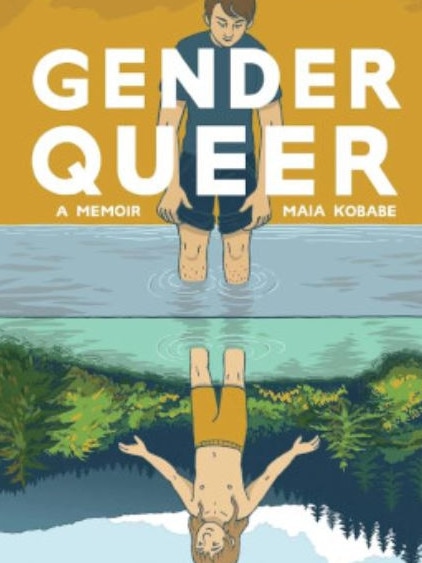
Ms Warburton said books with a mature rating were kept in the adult or young adult section of libraries.
“It’s not in the children’s section, but children could wander off and find other things,’’ she said.
“The real danger of what’s available in terms of porn is computers.’’
Ms Warburton said libraries were required to enforce the Classification Board’s rulings but are not automatically notified of its decisions. “There is not an easy way to get a list of recent titles that have been classified without going through long lists which include pornography titles which are restricted,’’ she said.
“Libraries are seeking a simple alert system they can subscribe to so they make sure they are complying.’’
The Albanese government is reviewing the classification system for publications, films and online games.
Librarians have told the review that “anti-LGBTQIA+ protests against library collections and programs have been at an elevated level for more than 12 months in Australia’’.
Protests often come from outside a library’s local council area “in a co-ordinated fashion and accompanied by threats towards library staff and the LGBTQIA+ community’’, the ILIA states in its submission to the review.
The ILIA warns against changes to the classification scheme “inadvertently acting as a tool to discriminate against or suppress the voices of marginalised communities’’.



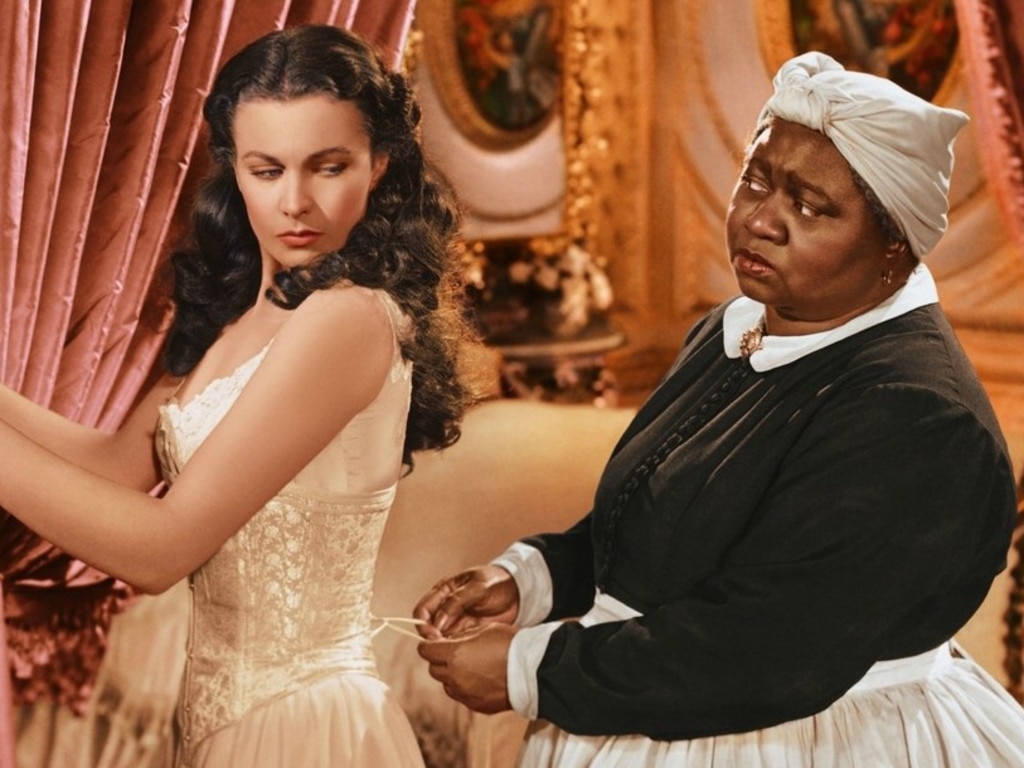
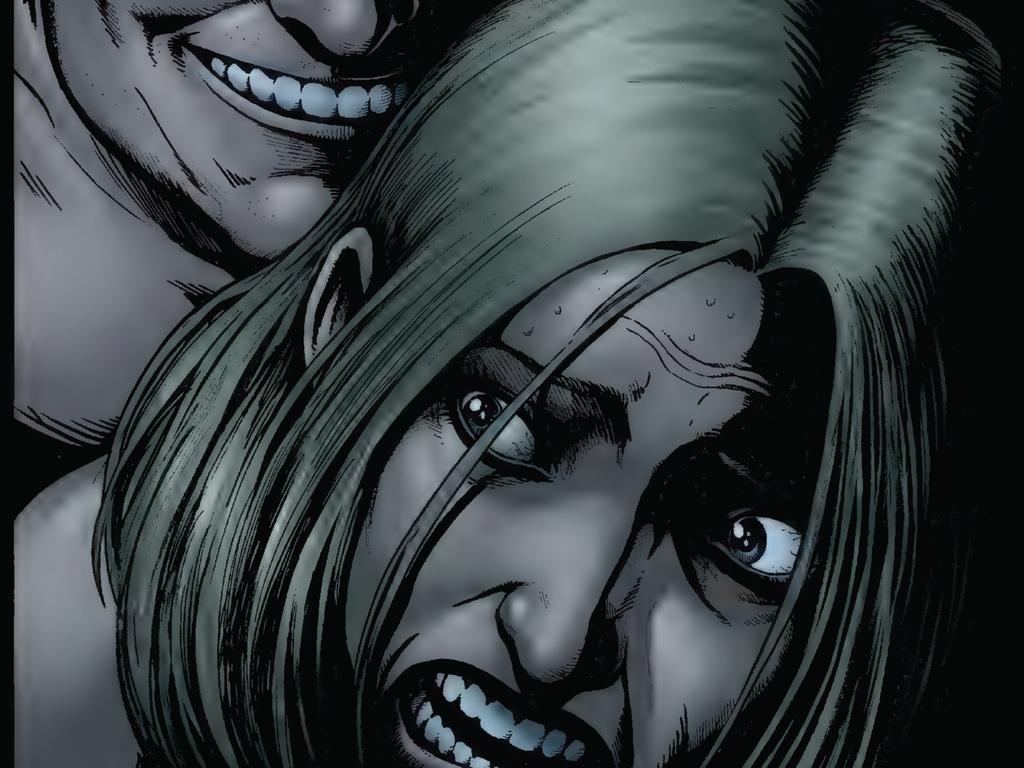


To join the conversation, please log in. Don't have an account? Register
Join the conversation, you are commenting as Logout